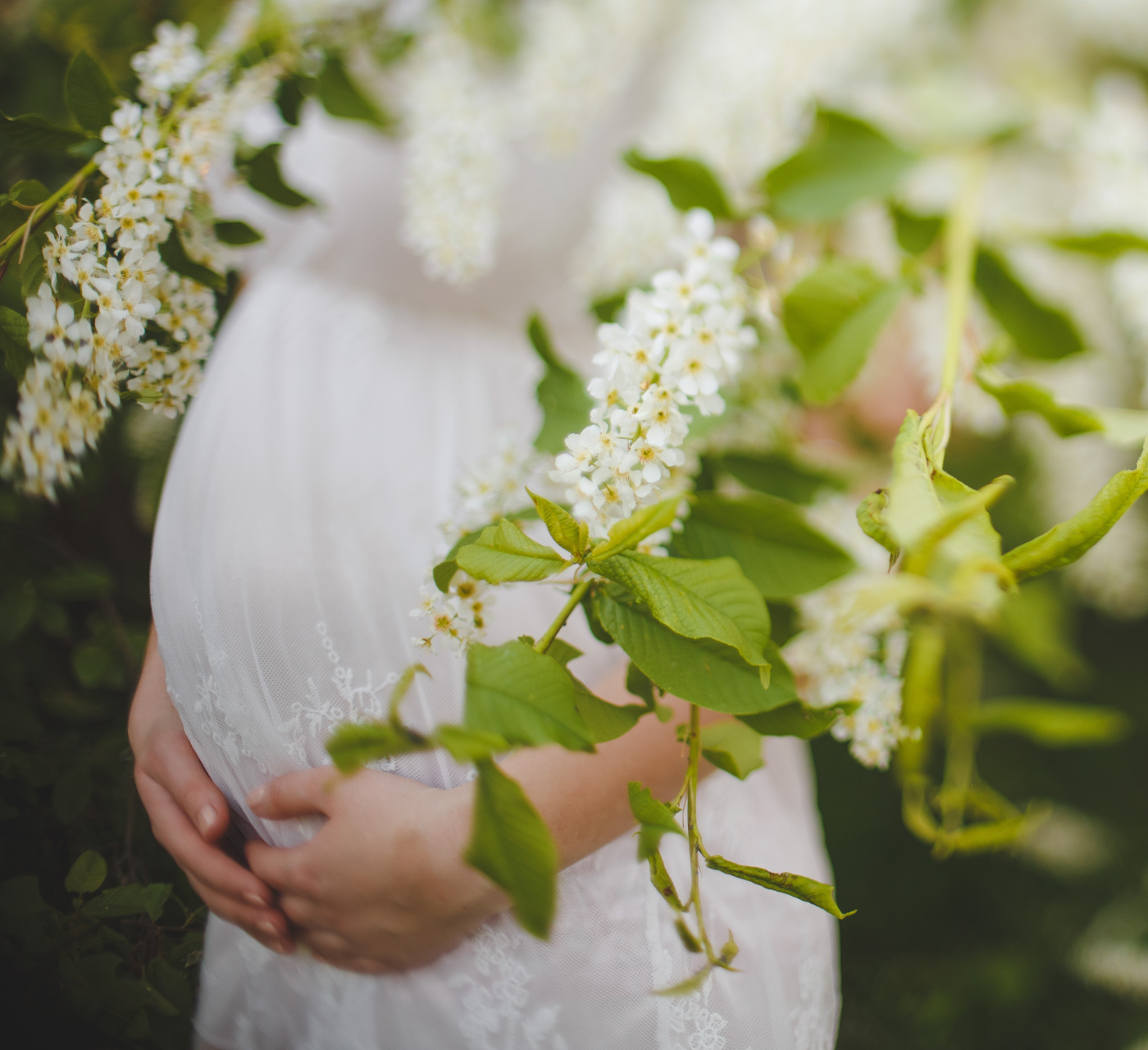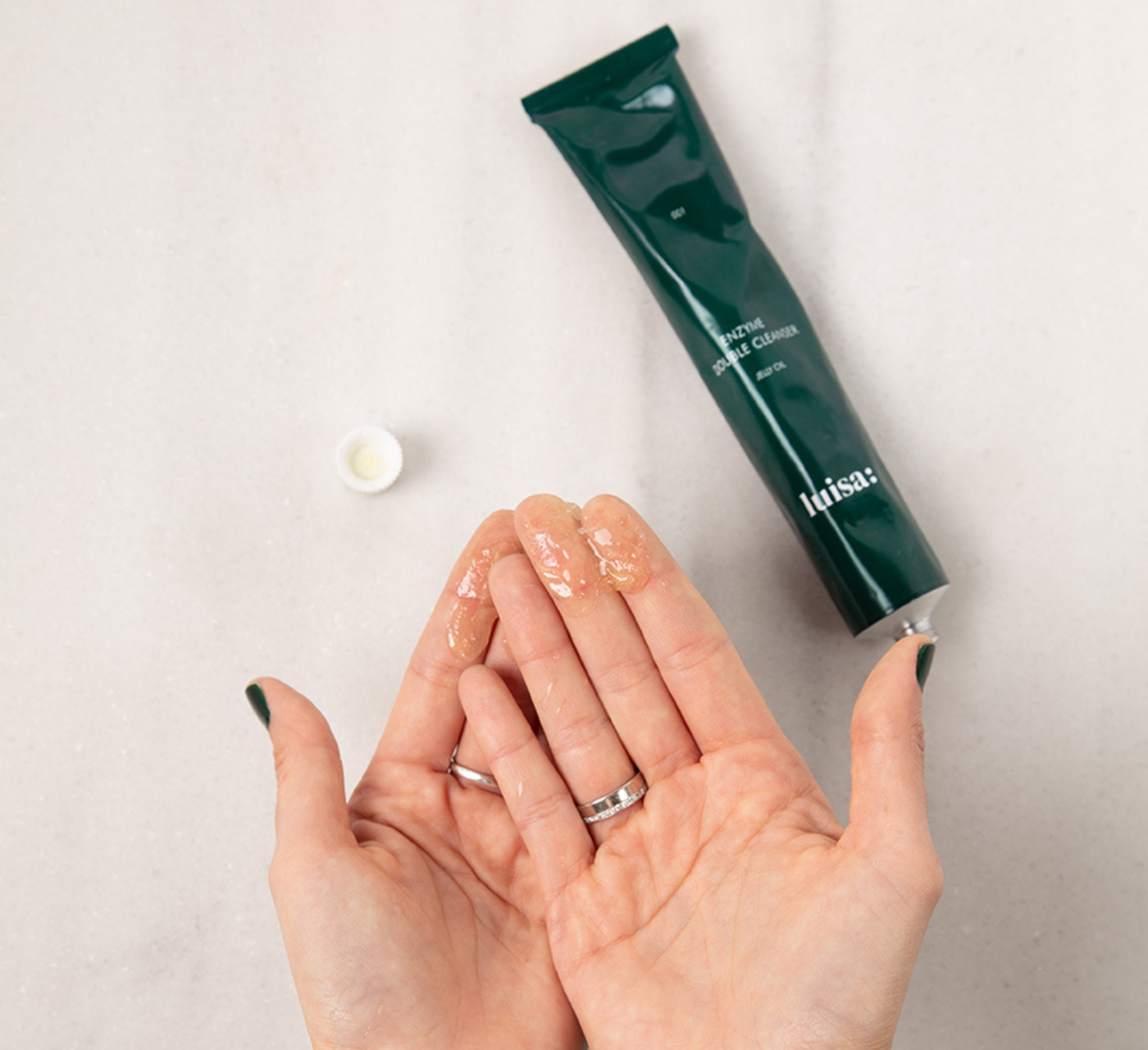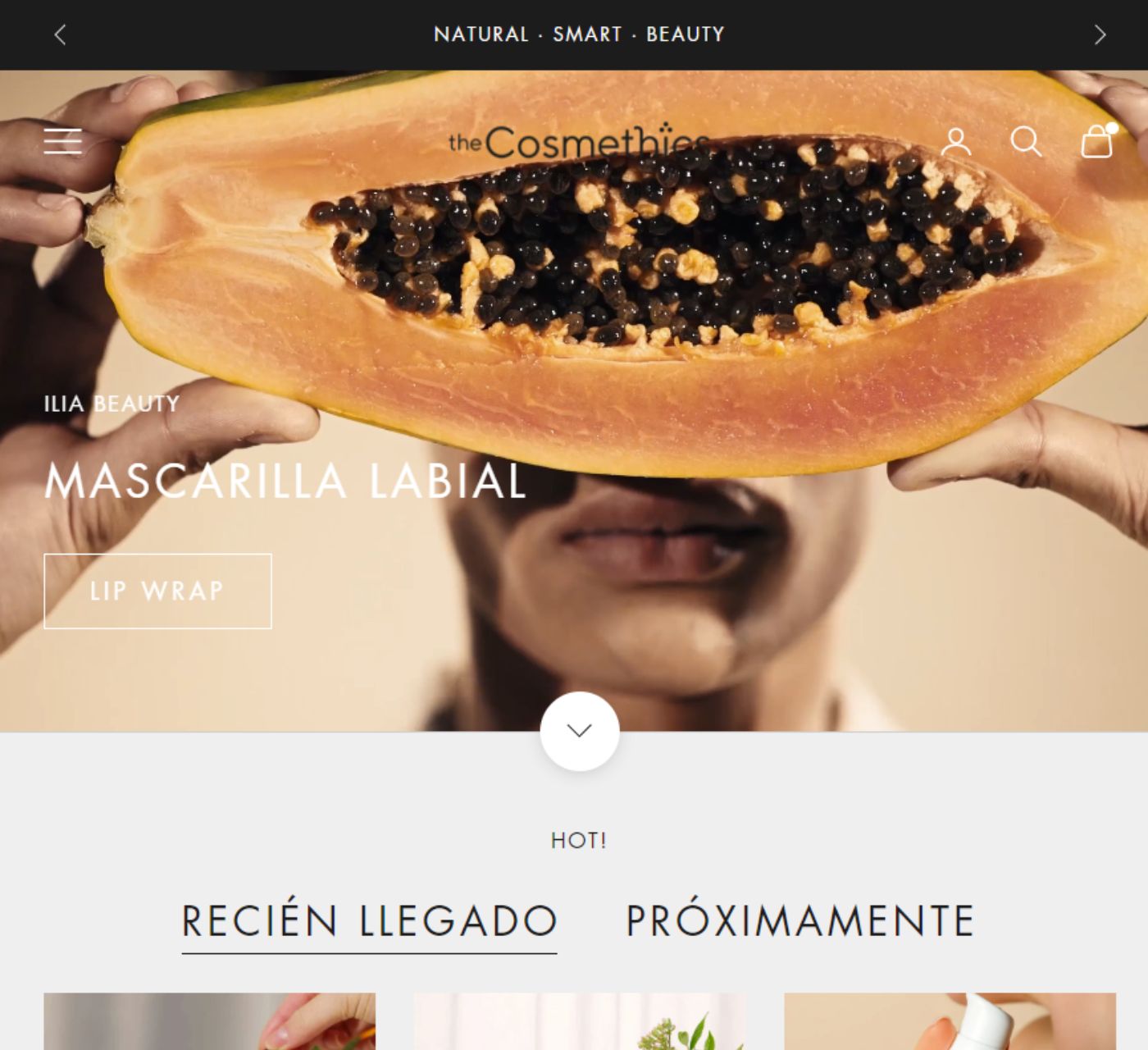
Brands and ingredients that I can use during pregnancy and breastfeeding
In this article you will find:
1. List of natural cosmetic brands that you can use during pregnancy and breastfeeding.
2. Product recommendations for spots, stretch marks and hair loss.
3. List of oils not recommended during pregnancy.
4. List of other ingredients that you should avoid during pregnancy.
5. List of oils not recommended during breastfeeding.
6. List of conventional beauty products most likely to contain ingredients that you should avoid as a precaution during pregnancy:
1. Natural cosmetic brands that you can use during pregnancy and breastfeeding:
- Karelia
- D.Lab Nutricosmetics (not all but several of them)
- Louise
- Madara
- Twelve
- Weleda
- 100% Pure (not all but several of them)
2. Recommendations for stretch marks, spots and hair loss:
Below we are going to indicate the most effective and most recommended treatments to treat stretch marks, blemishes and reduce hair loss. Three very frequent consultations during pregnancy.
Stretch marks
In this entry you can consult in detail How and why stretch marks occur . We also share with you tips when choosing a body treatment and what foods can help reduce its appearance.
And we take this opportunity to share the best natural, effective and safe anti-stretch mark treatment that we have tried so far: Anti-stretch mark treatment , Pai Skincare . It is a combination made up of body cream and oil (night). You can use it from the first moment and throughout pregnancy, even after (even if you breastfeed). In the morning you should use the cream and at night the oil (it is more powerful and requires a little more time). The smell is soft and the textures are not too sticky, two points in its favor taking into account the demands of pregnancy. You can use it throughout your pregnancy and also while breastfeeding.
Stains
During pregnancy, it is common for the appearance of spots to increase. We recommend using a day cream with SPF in the morning and applying Pai Rosehip oil every night, or at least several nights.
If you have dry and undernourished skin we recommend Jane Apothecary Shea and Argan Soothing Facial Sunscreen SPF50+ .
If you have normal or mixed facial moisturizing cream with SPF50+ Artemisia protection from Twelve.
If you want to continue using your usual routine and then apply a sunscreen, we recommend British Summer by Pai
Dehydration
Weak hair, strengthening treatments:
- A super moisturizing, strengthening and illuminating Glossy Locks shampoo from 100% Pure .
- A strengthening hair lotion with Neem, from Dr. Hauschka.
- And a 100% natural keratin supplement from D.Lab Nutricosmetics .
3. Oils not recommended during pregnancy
This is an exhaustive list of all the oils that are not recommended during pregnancy. Making this list is a difficult task since the safety of essential and natural oils can vary depending on the source and concentration used. Furthermore, research on this topic continues to evolve. However, this is a fairly comprehensive list of essential oils that are considered potentially unsafe or should be used with caution during pregnancy, based on the evidence we have to date:
The main essential oils that you should avoid during pregnancy because there is ample evidence of their contraindication:
1. **Sage essential oil:** It has been associated with uterine contractions, so it should be avoided during pregnancy.
2. **Juniper essential oil:** It can stimulate the uterus and should therefore be avoided during pregnancy.
3. **Mugwort essential oil:** It can induce menstrual bleeding and is therefore considered risky during pregnancy.
4. **Hyssop essential oil:** It can also stimulate uterine contractions, so it should be avoided.
5. **Rue essential oil:** It is believed that it can increase the risk of spontaneous abortion, so it is recommended to avoid it.
6. **Clove essential oil:** It should be used with caution, as it can cause irritation to the skin and mucous membranes.
7. **Cinnamon essential oil:** Direct use on the skin or inhalation in large quantities should be avoided, as it can be irritating and stimulating.
8. **Peppermint oil:** In large quantities, it can cause uterine contractions, so it should be used in moderation.
9. **Wormwood oil:** Contains thujone, which is believed to be potentially dangerous during pregnancy, so should be avoided.
10. **Basil oil:** Like other oils that stimulate contractions, it should be avoided during pregnancy.
Other oils that you should also avoid:
11. Tarragon essential oil.
12. Nutmeg essential oil.
13. Cedar essential oil.
14. Rosehip essential oil (when used in high concentrations).
15. Camphor essential oil.
16. Star anise essential oil.
17. Saffron essential oil.
While most concerns about safety during pregnancy focus on essential oils due to their high concentration and potency, there are some natural oils that should also be used with caution or better, avoided during pregnancy due to potential adverse effects. :
1. **Borage oil:** Contains pyrrolizidine alkaloids, which are considered potentially toxic to the fetus. It is recommended to avoid it during pregnancy.
2. **Rue oil:** Rue is known for its potential to stimulate uterine contractions and increase the risk of miscarriage, so both the oil and the plant itself should be avoided.
3. **Tansy oil:** Also known as vermwort oil, it contains a substance called tansy that has been linked to adverse effects in pregnancy, such as uterine stimulation. It is recommended to avoid it.
4. **Arnica Oil:** Although arnica is commonly used to relieve pain and inflammation, its topical use during pregnancy is considered controversial due to the lack of solid evidence on its safety.
5. **Pennyroyal Oil:** Pennyroyal is another oil that contains pulegone, a substance that can be harmful during pregnancy. It is advised to avoid it.
The source of this information comes from medical and aromatherapy sources such as books, scientific articles, and essential oil safety guides. However, it is always advisable to consult with a health professional before using any natural or essential oil during pregnancy to ensure safety for both mother and baby.
It is important to remember that the safety of essential oils during pregnancy may vary . Additionally, the concentration and way essential oils are used can also affect their safety. It is always advisable to consult with a health professional before using any essential or natural oil during pregnancy to ensure safety for both mother and baby. You can also consult with a certified aromatherapist for specific guidance on safely using essential oils during pregnancy.
Please remember that information on the safety of these natural oils may be subject to updates as more research is conducted.
4. Other ingredients you should avoid during pregnancy
Out of an abundance of caution, these are the cosmetic ingredients you should avoid during pregnancy as they may raise concerns about their safety for the developing fetus, here's why:
1. **Retinoids (retinol and derivatives):** Retinoids, such as retinol and retinoic acid, are often found in skin care products. They should be avoided during pregnancy because high doses of vitamin A can increase the risk of birth defects.
2. **Salicylic acid:** This ingredient is commonly used in skin care products and some acne products. Although skin absorption is limited, it is recommended to use it with caution or under the supervision of a healthcare professional due to its association with birth defects when ingested in large quantities.
3. **Hydroquinone:** Hydroquinone is used in skin lightening products. Although a clear association with adverse effects on pregnancy has not been established, some women choose to avoid it during this period due to concerns about its safety.
4. **Hair dyes with ammonia:** Some women avoid hair dyes that contain ammonia due to concerns about inhalation and absorption through the scalp.
5. **Lead in makeup:** Lead is sometimes found in makeup products, such as lipsticks. It is considered toxic and should be avoided as it can be harmful to both the mother and the fetus.
6. **Phthalates:** These compounds are found in fragrances and personal care products. Although their danger during pregnancy has not been definitively proven, some women choose to avoid products containing them due to concerns about their potential impact on hormonal health.
7. **Parabens:** Parabens are preservatives used in many cosmetic products. Although the evidence is limited and controversial, some people prefer to avoid them due to concerns about their possible hormonal impact.
8. **Synthetic Fragrances:** Some synthetic fragrances can contain a wide variety of chemical compounds that can cause allergic reactions or skin irritations, and products with natural, mild fragrances are preferred during pregnancy.
It is important to remember that safety concerns for these ingredients can vary and that the amount and frequency of exposure are also important factors. I f you have questions or concerns about which cosmetic products you should use during pregnancy, it is advisable to consult your doctor or a dermatologist for specific guidance. Additionally, it is essential to read product labels and opt for products designed specifically for pregnant women when possible.
5. Oils not recommended during breastfeeding
During breastfeeding, it is important to be cautious with certain natural oils and herbs, since some of their components can pass into breast milk and affect the baby. Here are some natural oils and herbs to avoid or use with caution while breastfeeding:
1. **Pennyroyal oil:** Contains pulegone, which can be toxic to the baby. Its use should be avoided.
2. **Rue oil:** As during pregnancy, rue can stimulate uterine contractions and should be avoided during breastfeeding.
3. **Tansy oil:** Contains tansy, which can be harmful to the baby. It is recommended to avoid it during breastfeeding.
4. **Borage oil:** It contains pyrrolizidine alkaloids that can be toxic to the baby's liver. It is better to avoid it.
5. **Star anise oil:** Star anise oil contains anethole, which can influence breast milk production. Excessive use could decrease milk production, so it should be used in moderation.
6. **Peppermint Oil:** Peppermint can reduce breast milk production if consumed in large quantities. It can be used in moderation, but it is important to monitor any effects on milk production.
7. **Sage Oil:** Sage can have a similar effect to mint, reducing milk production, so it should be used with caution or avoided.
8. **Cedar oil:** Some sources suggest avoiding cedar oil while breastfeeding due to a lack of information on its safety.



Leave a comment
This site is protected by hCaptcha and the hCaptcha Privacy Policy and Terms of Service apply.